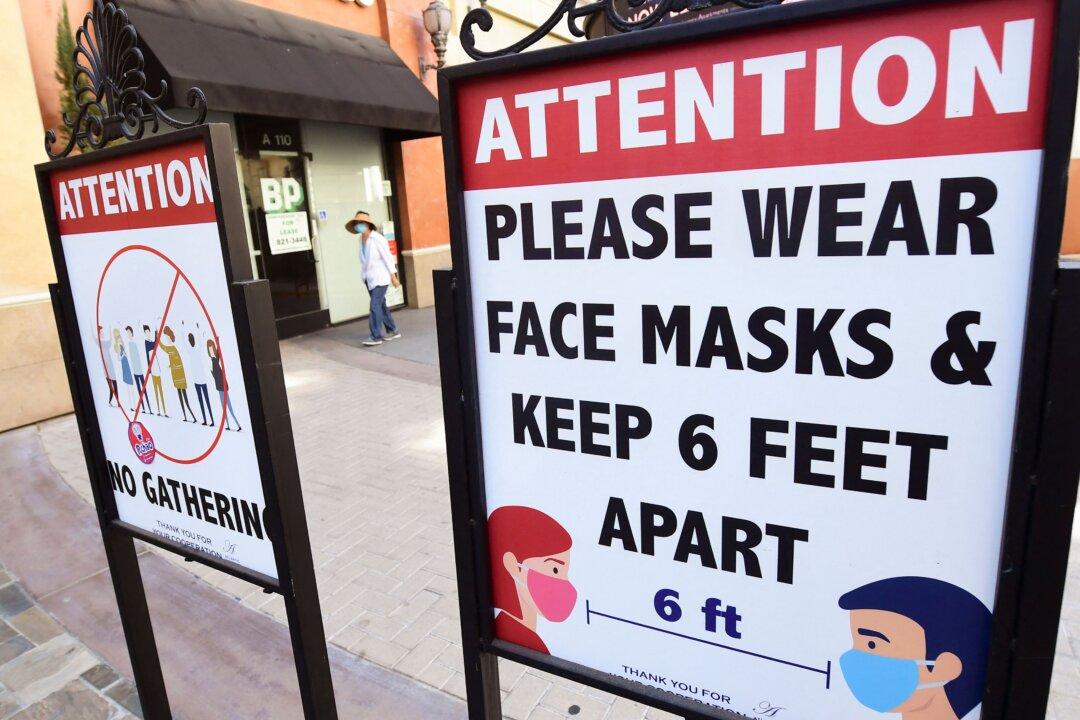Washington Prime Group, which owns more than 100 U.S. shopping centers and enclosed malls, has filed for bankruptcy protection, citing financial woes tied to the CCP virus pandemic.
“The COVID-19 pandemic has created significant challenges for many companies, including Washington Prime Group, making a Chapter 11 filing necessary to reduce the Company’s outstanding indebtedness,” the Columbus, Ohio-based company said in a statement. “Throughout the restructuring process, the Company remains committed to serving as a preeminent operator of retail town centers and will continue to serve its guests.”





